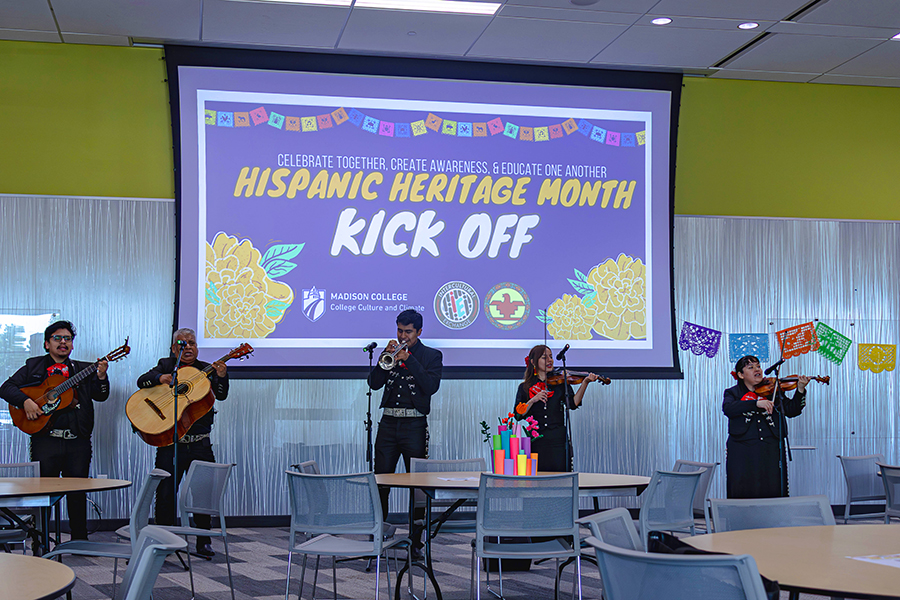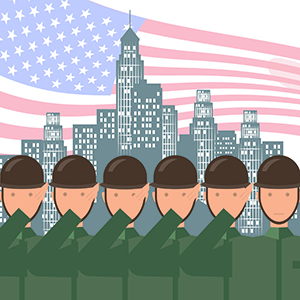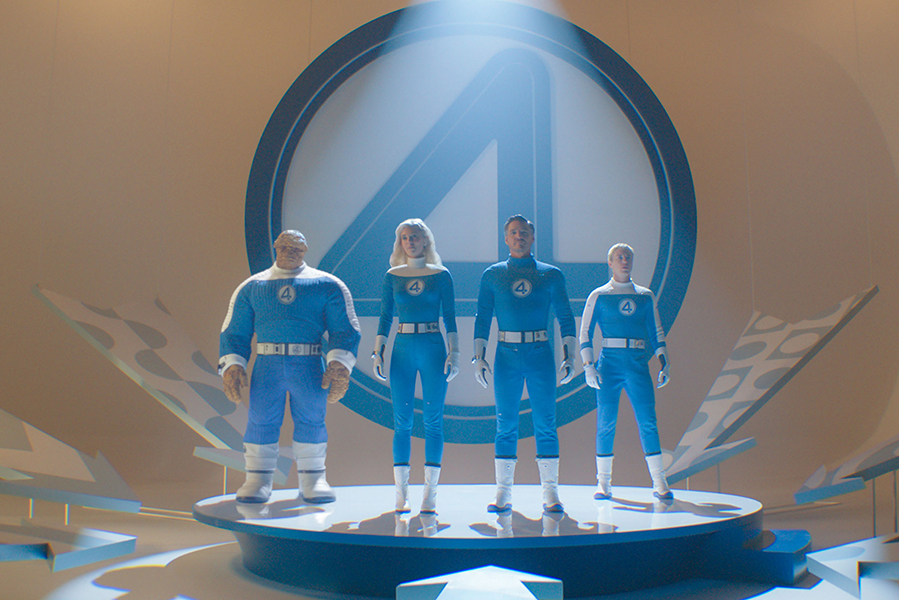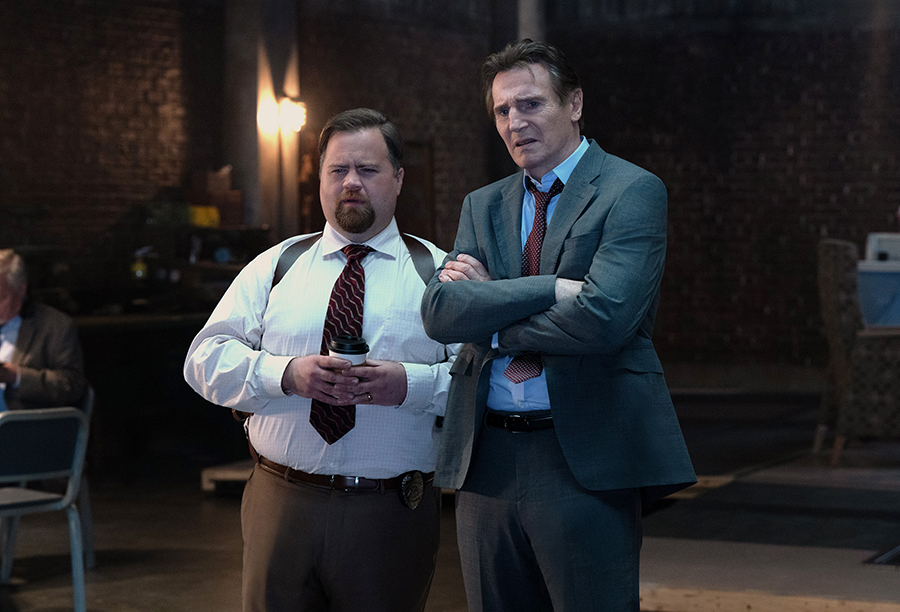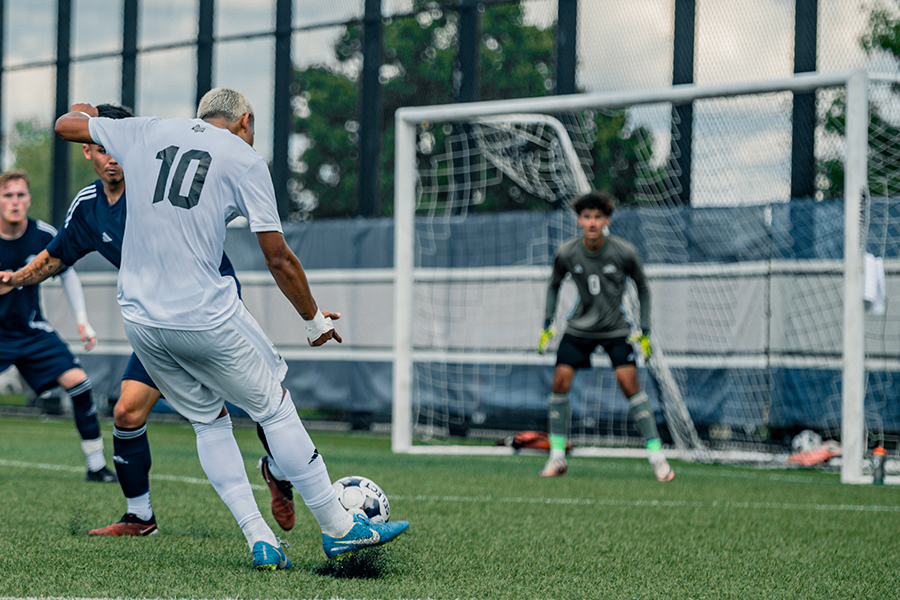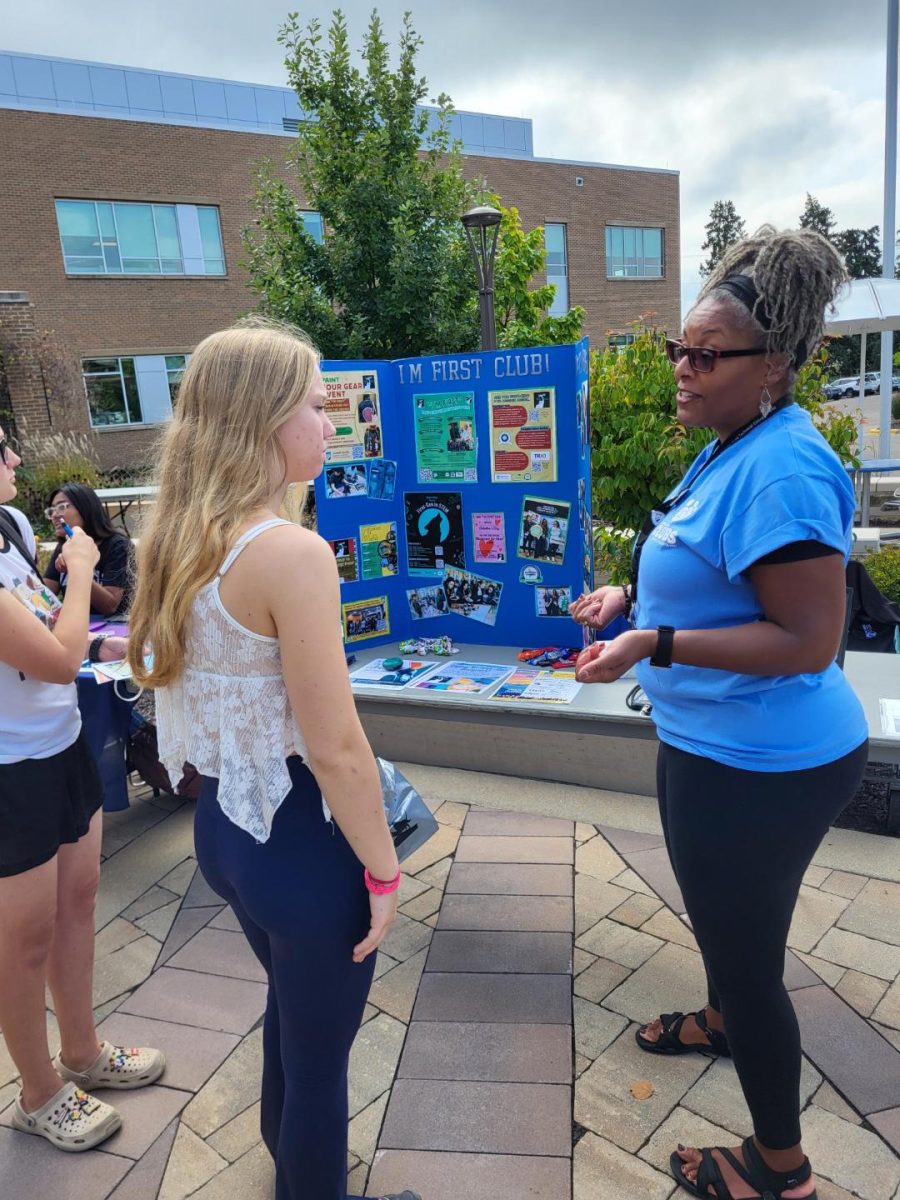What happens when cities led by mayors who dare to call out Trump suddenly find themselves in a state of “crime emergency?” Washington, D.C., under Democratic leadership, has been militarized under that label. Now, the same playbook is being turned toward Chicago, targeting leaders who dared to disagree.
A “crime emergency” isn’t a neutral classification, it’s a political weapon. The National Guard isn’t meant to enforce local law. It’s a military force designed for combat or disaster response. D.C. appears less like a city in crisis and more like a test case. Using the Guard to police dissenting cities, often led by Democratic officials, turns it into an intimidation tool, not a public safety mechanism.
Trump has already stated his interest in deploying the Guard to Chicago, saying, “We will solve Chicago within one week, maybe less. But within one week we will have no crime in Chicago, just like we have no crime in D.C.” He has also mentioned potential deployments to Baltimore, New York City and San Francisco, all of which are Democratic-led cities.
Illinois Gov. J.B. Pritzker has pushed back. “We have made no requests for federal intervention, none,” he said, accusing the president of attempting to “use the military to occupy a U.S. city, punish his dissidents and score political points.”
The use of federal force hasn’t come all at once, it’s been a steady escalation. It began in Los Angeles, where unarmed troops were framed as logistical “support.” Then came Washington, D.C., where a “crime emergency” was declared and now armed National Guard units patrol the streets. Next, the threat hangs over Chicago and other cities whose leaders have been openly critical of the administration. Step by step, the line between public safety and political punishment has blurred.
This reveals a clear pattern from the administration: federal forces are used not for safety, but to intimidate officials and citizens in cities that push back.
It began with masked and unidentified immigration agents given carte blanche authority to detain people without explanation. Then came Los Angeles, where federal troops appeared alongside them under the banner of “support.” Soon after, ICE agents were deployed at political rallies held by Gov. Gavin Newsom.
Now the escalation has reached the capital itself, with armed National Guard patrols on D.C. streets and open threats to send them into other dissenting cities to “get them in line.”
D.C. Mayor Muriel Bowser has condemned the move as an intrusion on local autonomy. “While this action today is unsettling and unprecedented, I can’t say that, given some of the rhetoric of the past, that we’re totally surprised,” she said.
Civil rights groups and community leaders have echoed Bowser’s concerns. The ACLU warned that the expansion of so-called “crime emergencies” risks turning military force into a tool of political intimidation. At the same time, grassroots organizers in D.C. and Chicago have rallied against what they call a federal occupation in all but name.
Public reaction makes clear that this is not just a fight between politicians and the White House, but a question of how safe ordinary people feel in their own neighborhoods when soldiers are patrolling their streets.
The Guard’s role also raises a deeper question: what happens when soldiers are asked to act like police? The Guard is trained for combat zones and natural disasters, not community policing. Their chain of command runs upward to governors or the president, not down to local city officials. Asking them to patrol city streets blurs that line and risks escalation rather than safety.
The choice to put armed troops into cities that don’t want them to do a job they were not trained to do can clearly be seen as a political move, not a plan to help with crime.
This is especially true given that crime in Chicago and D.C. is not spiraling out of control. D.C. has seen a 27% drop in violent crime and a 5% decline in property crime since last year (Washington, D.C., Metropolitan Police, District Crime Data 2025). Chicago has reported a 13% overall decrease in crime complaints since 2024 (Chicago Police Department CompStat 2025).
Legally, the administration is also treading on thin ice. The National Guard answers to governors unless federally activated. The Insurrection Act permits deployment in cases of rebellion or insurrection, while the Stafford Act addresses natural disasters. Declaring a “crime emergency” stretches beyond recognition. Once the Guard is federalized, the Posse Comitatus Act bars them from performing law enforcement duties. Yet, that is precisely what these deployments appear to be designed to do. The result is a constitutional gray area where political will, rather than law, dictates when troops enter a city.
Declaring a crime emergency is not about protecting public safety. It’s about protecting the president’s ego and creating political leverage. Deploying the military to cities run by political opponents transforms democracy into a spectacle. Today’s guarded streets are tomorrow’s eroded rights.
And if dissent can be labeled an “emergency” in one city, what prevents the same label from being applied anywhere else?
If dissent itself can be branded an “emergency,” no city in America is beyond reach. The biggest casualty isn’t crime, it’s civic trust and the principle that democracy answers to its people, not the other way around.
The use of federal force has been on a steady increase
Danger Rodnivale, Staff Writer
September 24, 2025
Story continues below advertisement

